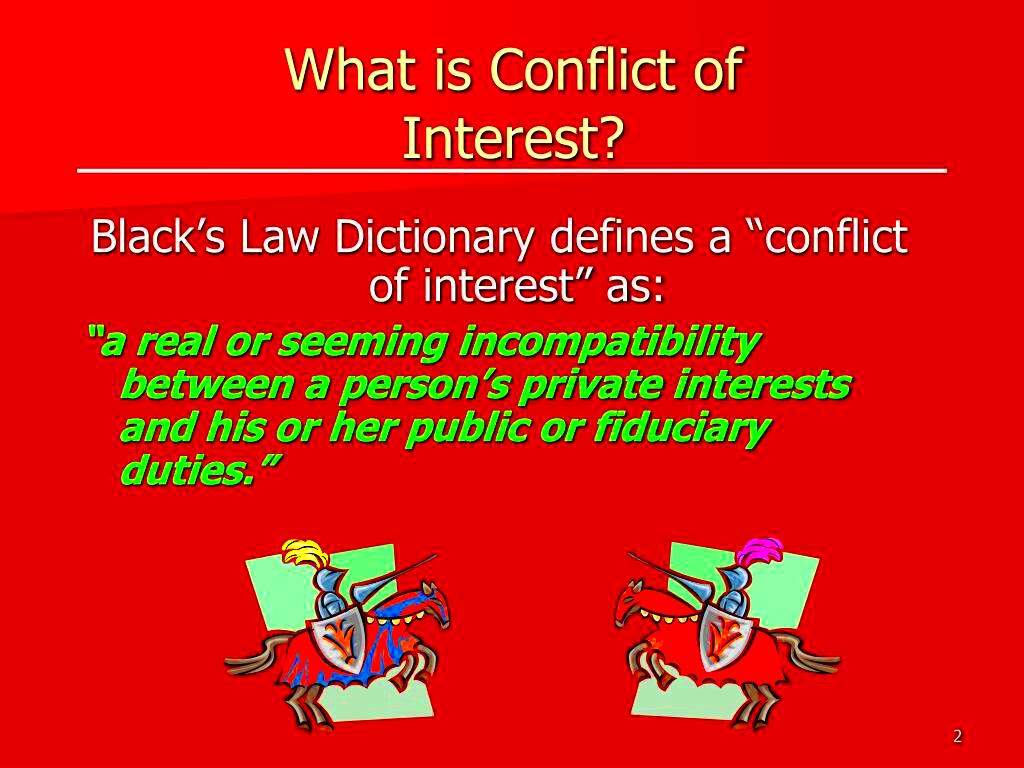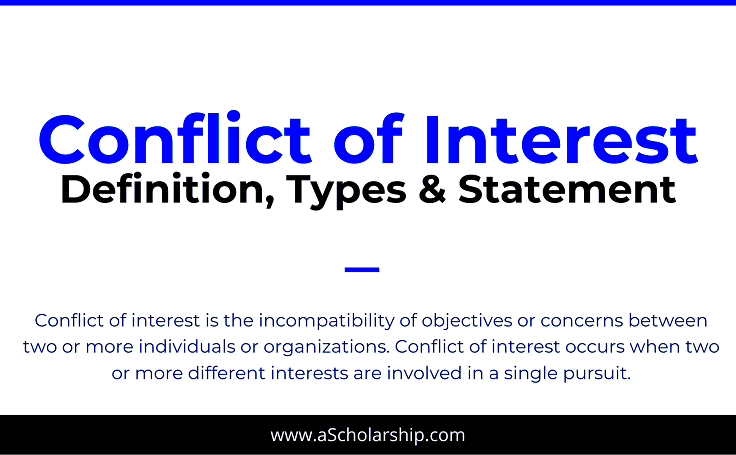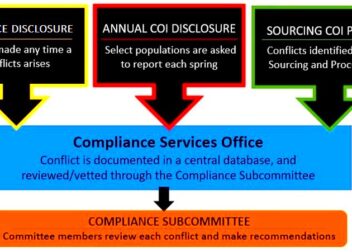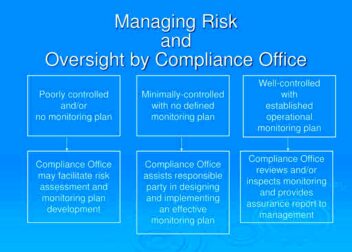Understanding Massachusetts Conflict of Interest Laws
In Massachusetts, the conflict of interest laws remain central to the morality of public workers and their employers. Their aim is to prevent occasions whereby employees’ interests come into conflict with the performance of their official responsibilities. Therefore, a good knowledge of these regulations is a requirement for those engaged in state or local administration. This way, officials are able to discern conflicts and act in such a manner that serves the greatest good whilst evading legal entanglements.
Key Definitions of Conflict of Interest

Conflict occurs when someone’s personal interests might affect their work responsibilities. Some important definitions to note are:
- Personal Interest: Any financial or personal benefit that could affect decision-making.
- Public Official: Elected or appointed individuals serving in a governmental capacity.
- Business Entity: Any organization or company that engages in commercial activities.
There are various ways through which a conflict of interest may occur as follows; in Massachusetts:
- Accepting gifts or favors from individuals or businesses that may benefit from governmental decisions.
- Having a financial stake in a company that contracts with the government.
- Using public resources for personal gain.
These definitions elucidate the bases of conflict emergence and their possible effects.
Who Is Governed by These Laws

Many people who work in the public service sector are affected by the Massachusetts statute on conflict of interests. This involves:
- Elected Officials: Mayors, governors, legislators, and other elected representatives.
- Appointed Officials: Individuals appointed to boards, commissions, and other governmental roles.
- Public Employees: State, municipal, and local government workers.
In addition, the prescription of these laws includes particular persons who engage with government institutions like:
- Consultants and contractors hired by the government.
- Lobbyists who attempt to influence public policy.
To enhance accountability and transparency in governmental processes, it is critical to know which individuals come within the ambit of these laws.
Common Situations That Create Conflicts
Diverse situations give rise to conflicts of interest, especially in public service contexts. Awareness about what they are may assist people with fulfilling their obligations diligently. Common scenarios that may result in these problems include:
- Gifts and Favors: Accepting gifts from individuals or organizations that have business dealings with the government can create a conflict. Even small gifts can lead to perceptions of bias.
- Financial Interests: If a public official has a financial interest in a business that is contracted by the government, this can compromise their decision-making.
- Family Connections: Hiring or promoting family members within government roles can lead to conflicts. Nepotism raises questions about fairness and equity in the workplace.
- Outside Employment: Holding a second job or consulting for a private company while serving in a public role can create competing interests.
Conflict avoding can be done by recognizing these scenarios thus ensuring that leaders are narrow minded in relation to their government roles.
How to Avoid Conflicts of Interest
It is very important to avoid conflicts of interest as they can affect the credibility of public service. The following are some realistic guidelines that individuals may follow:
- Disclosure: Always disclose any personal interests or relationships that might influence decision-making. Transparency is key.
- Set Boundaries: Clearly separate personal and professional relationships. This means being cautious about who you associate with in a professional context.
- Avoid Gifts: Politely decline gifts or favors from individuals or organizations that have business interests with your office.
- Consult Policies: Familiarize yourself with your organization’s conflict of interest policies. This knowledge can guide your actions and help you make informed decisions.
Public officials are guided by these stages so that they manage themselves better and reduce chances of conflict.
Reporting Procedures for Conflicts
When there is a conflict of interests, following accurate reporting methods is essential. To tackle these circumstances, MA has set up specific protocols:
- Immediate Disclosure: As soon as you identify a potential conflict, inform your supervisor or ethics officer. Early disclosure can prevent further complications.
- Complete Forms: Fill out any necessary conflict of interest disclosure forms. These documents typically outline the nature of the conflict and the individuals involved.
- Follow Up: After reporting, make sure to follow up on the status of your disclosure. It’s important to ensure that the matter is being addressed appropriately.
- Seek Guidance: If you’re unsure about how to handle a conflict, consult your organization’s ethics office. They can provide valuable guidance and support.
Following these reporting processes not only safeguards the personal interests but as well as it discharges the public service system from purity concerns.
Penalties for Violating Conflict of Interest Laws
In Massachusetts, serious repercussions could result from breaching conflict of interest regulations. The imposition of these punishments seeks to uphold public confidence and promote moral conduct among state employees. Therefore, the following are some crucial information:
- Administrative Penalties: Public officials who violate these laws may face administrative actions, such as suspension or termination from their positions.
- Civil Penalties: Individuals found guilty of conflicts of interest may have to pay fines, which can vary depending on the severity of the violation. Fines can range from a few hundred to thousands of dollars.
- Criminal Charges: In severe cases, violations may lead to criminal charges. Convictions can result in jail time, particularly if fraud or bribery is involved.
- Reputational Damage: Beyond legal penalties, individuals may suffer significant reputational harm. Losing public trust can hinder future career opportunities and tarnish personal integrity.
In order to dodge these punishments, it is extremely important for public servants to keep themselves updated regarding the regulations and obey the ethical principles without fail.
Resources for Further Information
Although statutes prohibiting conflicts of interest may seem profound, many materials to assist people understand them are accessible through different channels with which they may be familiar:
- Massachusetts State Ethics Commission: This commission provides guidelines, training, and resources related to conflict of interest laws. Their website is a great starting point.
- Local Government Websites: Many cities and towns in Massachusetts have their own ethics offices that offer specific information on local regulations.
- Legal Aid Organizations: These organizations often provide free or low-cost legal advice regarding conflicts of interest and can help you understand your rights.
- Workshops and Training Sessions: Attend training sessions offered by your employer or local government to gain a deeper understanding of the laws and best practices.
By harnessing these assets, it is possible for civil servants to behave morally and duty obliged.
FAQs About Massachusetts Conflict of Interest Laws
The law on conflict of interest is not as simple as it may seem. Frequent FAQ’s understand more about the issues that are predominant in many individuals’ minds:
- What constitutes a conflict of interest? A conflict occurs when personal interests could interfere with professional responsibilities, leading to biased decision-making.
- Do all public officials need to disclose conflicts? Yes, all public officials are required to disclose any potential conflicts to maintain transparency and accountability.
- What should I do if I suspect a conflict? Report any suspicions to your supervisor or the ethics office immediately. Early reporting is crucial for addressing potential issues.
- Are there exemptions to these laws? Certain situations may be exempt, but it’s essential to consult the ethics commission for specific guidance.
Public officials can navigate their duties better and dodge possible clashes of interest through the knowledge of these FAQs
Conclusion on Understanding Conflict of Interest in Massachusetts
Grasping the conflict of interest laws in Massachusetts is necessary for public servants and officials. Transparency, as well as integrity, in government acts, are maintained through these regulations. To effectively manage their obligations, people must be able to recognize frequent scenarios that give rise to conflicts, learn how they can be avoided and comply with the appropriate reporting procedures. Moreover, comprehending penalties for violations further stresses the significance of ethics in public service. Through several resources’ accessibility and law understanding, public officials strive to serve the community while preserving their uprightness.


